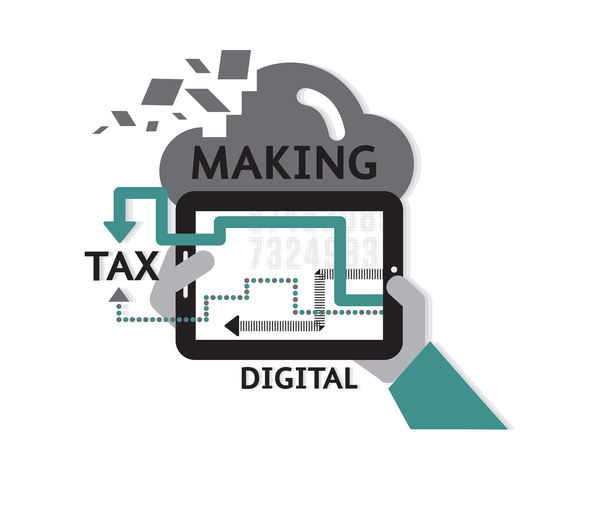.jpg)
Another tax year has ended, and it might be you’re thinking about whether you need to file a self-assessment tax return.
In summary, this will apply to you if:
- You were self-employed as a sole trader in the last tax year (6 April 2023 to 5 April 2024) and earned more than £1,000
- You were a partner in a business partnership, or a director of a limited company and your income was not taxed at source, or you have further tax to pay
- You may still need to send a return if you work in specific sectors, were paid more than £100,000 via a PAYE salary scheme, or have any other untaxed income, from sources such as:
- Renting
- Tips and commission
- Savings, investments and dividends
- Foreign income
Filing a tax return can also be helpful to claim some income tax relief or to prove you are self-employed, ,when for example, claiming maternity allowance or tax-free child care.
HMRC has a handy tool to help determine whether you need to file a self-assessment tax return: https://www.gov.uk/check-if-you-need-tax-return.
Help and advice
If you’re unsure whether you need to file a return, or you’d like help doing this, please get in touch.
The information provided in this blog is for general informational purposes only and should not be considered professional advice. As far as we are aware, the content is accurate at time of publication. Torgersens assumes no responsibility for errors or omissions in the content or for any actions taken based on the information provided.


.jpg)





